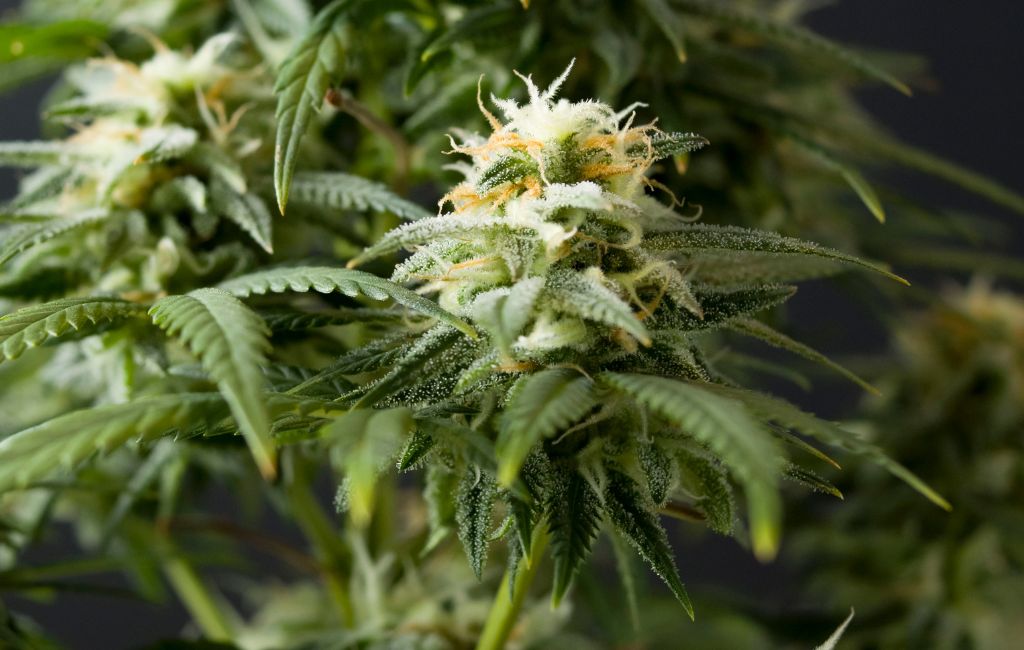In recent years, the use of cannabis-infused edibles for pain management has gained significant attention. With the growing acceptance of cannabis in various regions, many individuals are exploring its potential benefits for alleviating chronic pain. This article delves into the effectiveness of weed edibles for pain relief, examining their benefits, types, and considerations for use.
Understanding Cannabis and Pain Relief
Cannabis contains compounds known as cannabinoids, which interact with the body’s endocannabinoid system. This system plays a role in regulating various physiological processes, including pain perception. Two primary cannabinoids, THC (tetrahydrocannabinol) and CBD (cannabidiol), are often highlighted for their potential therapeutic effects.
THC and CBD: The Key Players
THC is known for its psychoactive properties, which can alter mood and perception. It may also provide pain relief by binding to cannabinoid receptors in the brain. On the other hand, CBD is non-psychoactive and is believed to have anti-inflammatory and analgesic properties. The combination of these cannabinoids in edibles can offer a balanced approach to pain management.
Types of Weed Edibles
Weed edibles come in various forms, each offering unique benefits and experiences. Here are some popular types:
- Gummies: These are a popular choice due to their convenience and precise dosing. They often come in a variety of flavors and strengths.
- Chocolates: Cannabis-infused chocolates provide a discreet and tasty option for those seeking pain relief.
- Baked Goods: Brownies, cookies, and other baked treats offer a familiar way to consume cannabis.
- Beverages: Cannabis-infused drinks, such as teas and sodas, provide an alternative to traditional edibles.
Benefits of Weed Edibles for Pain Relief
Weed edibles offer several advantages for individuals seeking pain relief:
- Long-lasting Effects: Edibles are metabolized by the liver, resulting in a slower onset but prolonged effects compared to smoking or vaping.
- Discreet Consumption: Edibles can be consumed without drawing attention, making them suitable for use in various settings.
- Precise Dosing: Many edibles come with clear labeling, allowing users to control their intake and avoid overconsumption.
Case Studies and Research
Several studies have explored the efficacy of cannabis edibles for pain management. A study published in the Journal of Pain found that patients using cannabis reported a significant reduction in pain intensity. Another research conducted by the University of Michigan revealed that cannabis use was associated with a 64% decrease in opioid use among chronic pain patients.
These findings suggest that cannabis edibles could serve as a viable alternative or complement to traditional pain medications, potentially reducing reliance on opioids and their associated risks.
Considerations for Using Weed Edibles
While weed edibles offer promising benefits, there are factors to keep in mind when using them for pain relief:
- Start Low and Go Slow: Beginners should start with a low dose and gradually increase it to find the optimal level for pain relief.
- Onset Time: Edibles can take anywhere from 30 minutes to 2 hours to take effect, so patience is key.
- Individual Variability: The effects of edibles can vary based on factors such as metabolism, body weight, and tolerance.
Potential Side Effects
While generally considered safe, weed edibles can cause side effects, particularly when consumed in high doses. Common side effects include dry mouth, dizziness, and changes in appetite. In rare cases, individuals may experience anxiety or paranoia, especially with high-THC products.
Legal and Regulatory Considerations
The legal status of cannabis varies widely across regions. It’s important for individuals to be aware of local laws and regulations regarding the use of cannabis edibles. In areas where cannabis is legal, products are often subject to strict quality control measures, ensuring safety and consistency.
Conclusion
Weed edibles present a promising option for those seeking pain relief through cannabis. With their long-lasting effects, discreet consumption, and precise dosing, they offer a viable alternative to traditional pain management methods. As research continues to explore the potential benefits and risks of cannabis edibles, individuals interested in using them for pain relief should stay informed and consult with healthcare professionals to make informed decisions.
